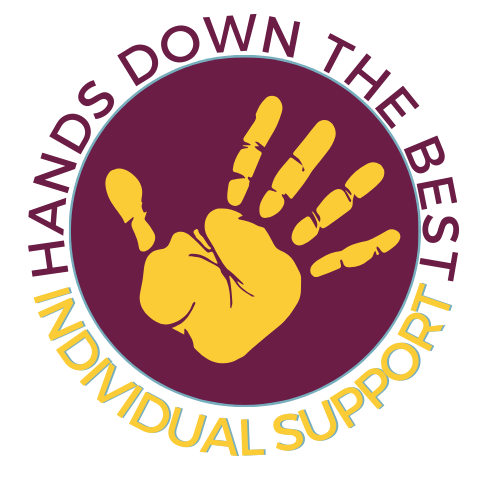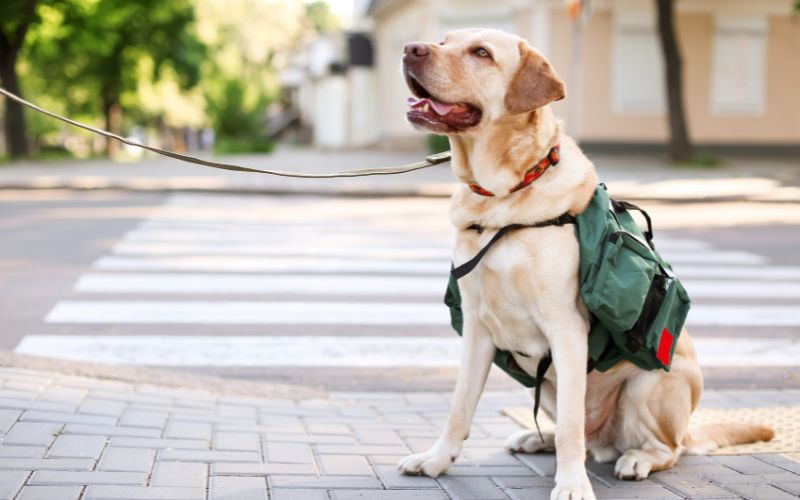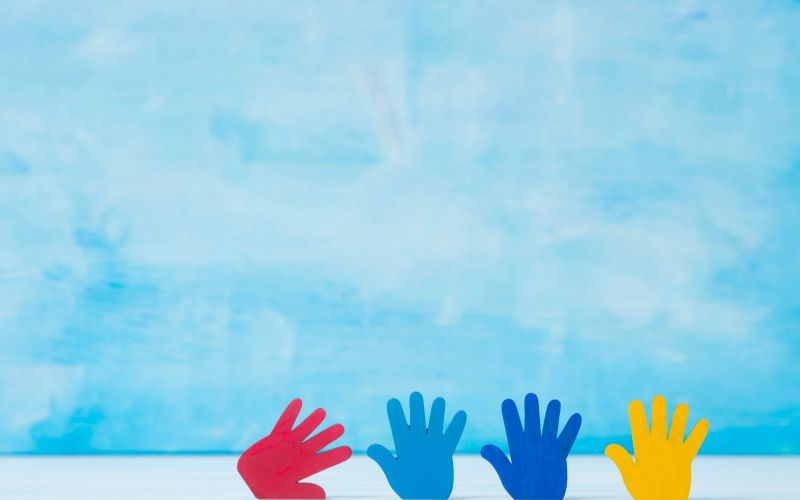hands down the best

Trusted insights, news, and handy resources to help you navigate the NDIS and live your best life
Latest Posts
Follow Us
Goal setting for teenagers and young adults

Goal setting for teenagers and young adults.
The teenage years are a time of significant change in a young person’s life. Many transitions take place during these years so it’s helpful to consider how goal setting can support this exciting and sometimes daunting time.
When it comes to goal setting for teenagers and young adults, the focus shifts towards preparing for adulthood, independence and a successful transition into post-school life.
Setting goals gives you a sense of control over your life and future. We explore the role of the NDIS and goals in supporting you on this journey.
Your NDIS Plan will change with your needs.
As you progress through different stages of education and transition into adulthood, your NDIS Plan will change and adapt to include supports and services aligned with your evolving goals and needs. This ensures you continue to receive the necessary support to work towards your long-term aspirations.
The NDIS can assist with transition planning, including preparing for changes in school settings, accessing further education or vocational training and connecting with relevant services and programs. This support helps ensure that long-term goals are considered and supported during critical transitions.
NDIS supports for teenagers and young adults.
There are some supports that may be relevant to consider for teenagers and young people when setting NDIS goals.
- Developing independent living skills. Goals may focus on skills such as cooking, personal care, managing finances and travelling independently.
- Building vocational skills. Goals may involve vocational training, internships or work experience programs for a smoother transition to employment and career development.
- Accessing further education. Goals can include researching and applying for higher education or other courses, and developing study skills.
- Community participation and social skills. Goals might involve joining community clubs or groups, developing social networks and participating in recreational activities.
Goal-setting tips for teenagers and young adults.
As a young person, it’s important you have the opportunity to actively participate in shaping your own path and have a say in your educational journey. This can enhance both self esteem and self-confidence.
- Setting realistic and meaningful goals that are challenging, yet achievable can help you stay motivated.
- Include long-term goals to build planning and decision making skills.
- Align goals with major milestones and transitions such as education, training, employment, independent living and community participation.
- Reflect on your achievements to reveal areas where you may want to improve or develop new skills.
- Identify strengths and how you can use those to overcome barriers or weaknesses.
- Refine and adapt your goals as circumstances, priorities or aspirations change.
- Learn from past experiences – reflect on what worked well and apply those lessons to set new goals more effectively. Likewise, use challenges or setbacks as learning opportunities
Goal setting and independence.
Every person has the right to make decisions about their own life. If a person with disability can set their own goals, they have the right to do so.
Under the law, a person’s legal rights change when they turn 18. Parents or guardians no longer have parental responsibility and the person becomes responsible for their own decisions.
Parents, family members and support workers can set young people up for independent decision making by encouraging them to participate in setting goals and making decisions about their lives before they turn 18. This can include involving young people in discussions, listening to their preferences and valuing their input.
The NDIS can also support building independent decision-making skills through Capacity Building supports. The NDIS may fund things like developing self-advocacy skills, communication training and mentoring.
Get your free goal setting ebook!
Leap in! has created a free ebook to help you navigate the NDIS goal-setting journey with confidence.
Download the ebook to get tips on goal setting, goals and the NDIS, employment goals and aligning your goals with NDIS budget categories.



